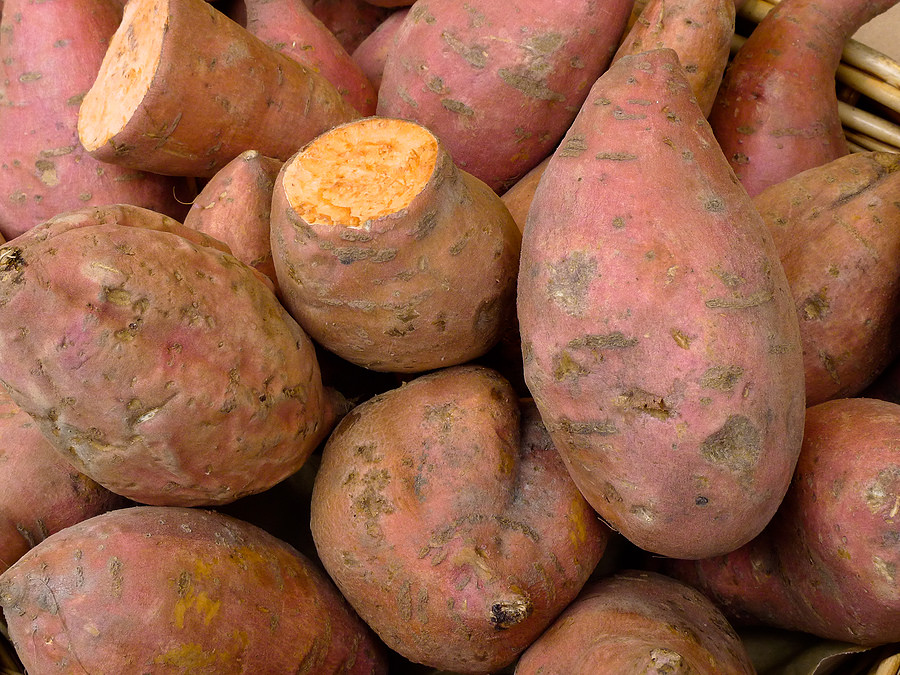Four scientists who specialized in sweet potatoes were named the winners of this year’s World Food Prize on Tuesday for their work to make foods more nutritious.
Maria Andrade of Cape Verde, Robert Mwanga of Uganda and American Jan Low, who all are from the Lima, Peru-based International Potato Center, and American Howarth Bouis of the international research group HarvestPlus were honored in a ceremony at the U.S. State Department.
Kenneth M. Quinn, president of the World Food Prize Foundation, called their work “a breakthrough achievement in developing and implementing biofortification.”
He defined biofortification as “the process of breeding critical vitamins and micronutrients into staple crops, thereby dramatically reducing hidden hunger and improving health for millions and millions of people.”
The honorees’ work has focused on the orange-fleshed sweet potato, an important source of vitamin A, especially in sub-Saharan Africa. Vitamin A deficiency, especially there and in Asia, is a cause of blindness and premature death, according to the International Potato Center, an agriculture research center based in Lima, Peru.
“The impact of the work of all four winners will be felt around the globe but particularly in sub-Saharan Africa,” said Gayle Smith, head of the U.S. Agency for International Development.
The prize is awarded annually by the World Food Prize Foundation for food and agriculture innovation. The scientists will share the $250,000 prize equally and it will be awarded at a ceremony during World Food Prize week in Des Moines, Iowa, in October, when the prize will celebrate its 30th anniversary.
Past recipients include John Kufuour, a former president of Ghana; former U.S. Senators Bob Dole and George McGovern; and Grameen Bank founder and Nobel laureate Dr. Muhammad Yunus of Bangladesh.
(Reporting by Isma’il Kushkush; Editing by John Walcott and Bill Trott)

